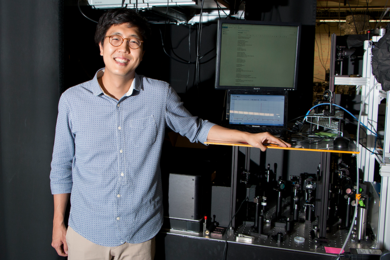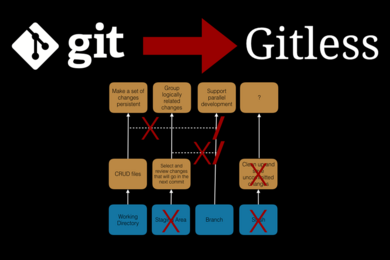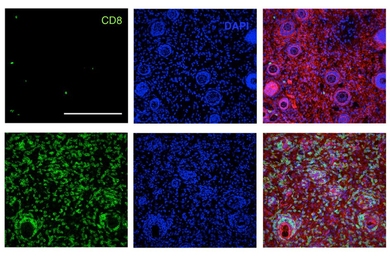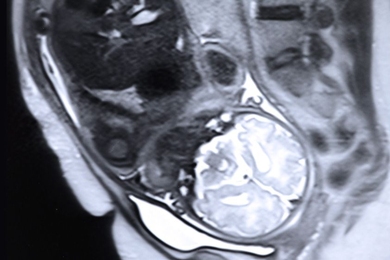Making computers explain themselves
New training technique would reveal the basis for machine-learning systems’ decisions.
Retracing the origins of a massive, multi-ring crater
Scientists reconstruct first hours after a giant impact created one of the largest craters on the moon.
Why have solar energy costs fallen?
MIT team awarded U.S. Department of Energy grant to investigate cost reductions in solar energy systems.
Finding patterns in corrupted data
New model-fitting technique is efficient even for data sets with hundreds of variables.
Mapping buried magnetism
MIT researchers use an optical technique to probe magnetism at a hidden interface between two exotic thin films.
Making it easier to collaborate on code
CSAIL team's “Gitless” fixes Git’s biggest issues — and suggests their approach could help improve systems like Gmail and Dropbox.
3-D-printed structures shrink when heated
Counterintuitive “metamaterial” may enable heat-resistant circuit boards.
Study suggests approach to waking patients after surgery
Activating certain brain neurons may spur recovery from general anesthesia.
Fighting cancer with the power of immunity
New treatment elicits two-pronged immune response that destroys tumors in mice.
MIT task force releases preliminary “Future of Libraries” report
New library proposals meant to enhance “meaningful access to knowledge.”
Quantifying urban revitalization
Combining cellphone data with perceptions of public spaces could help guide urban planning.
Automating big-data analysis
With new algorithms, data scientists could accomplish in days what has traditionally taken months.
MRIs for fetal health
Algorithm could help analyze fetal scans to determine whether interventions are warranted.














